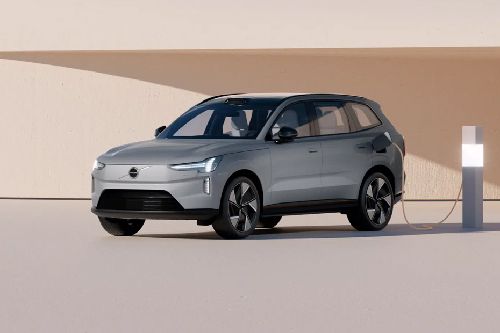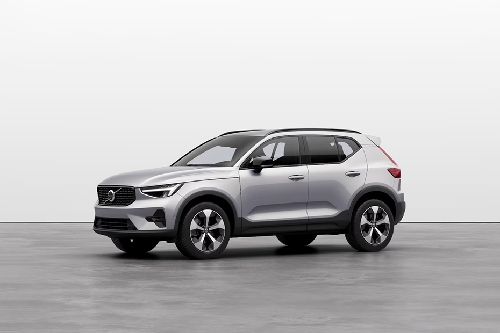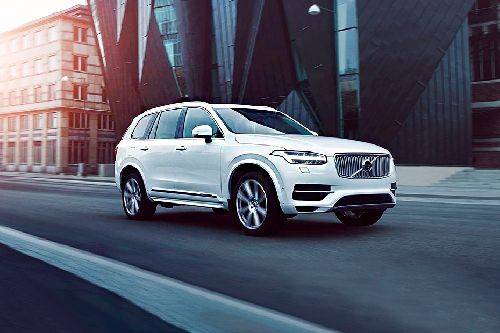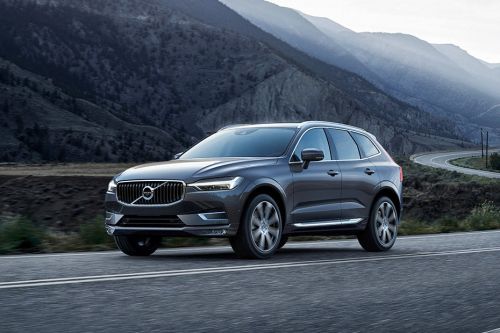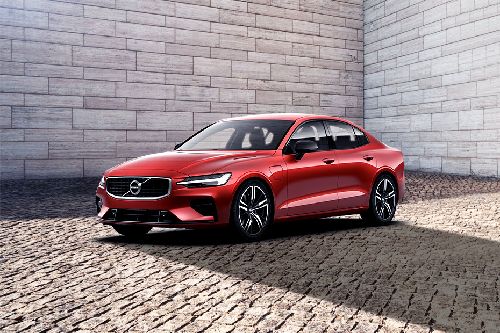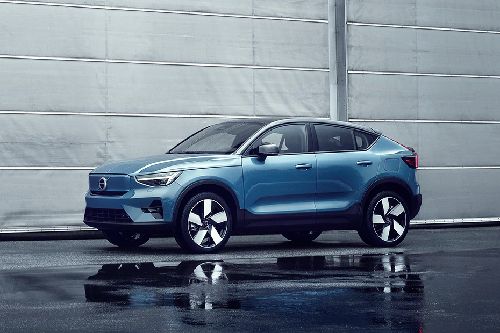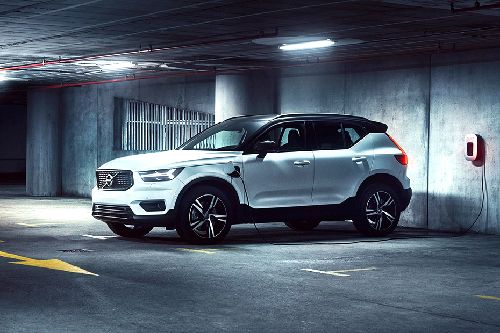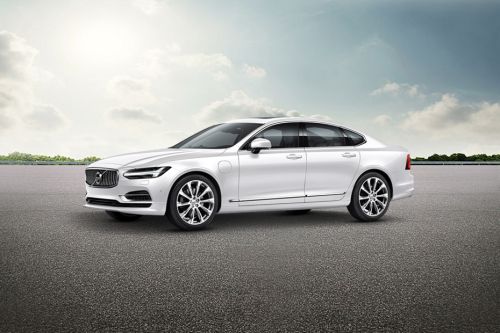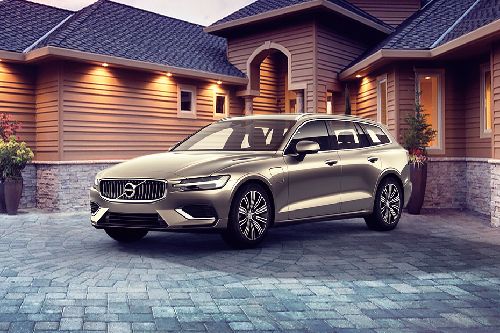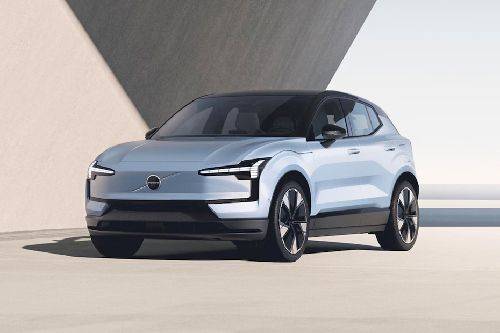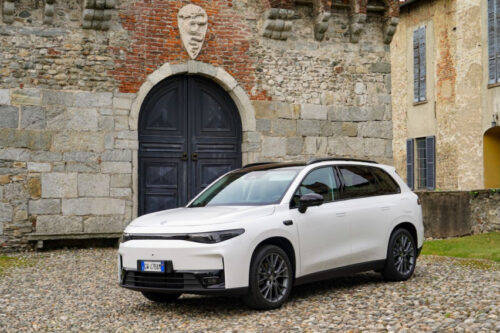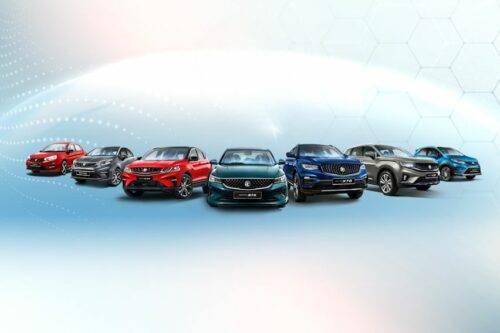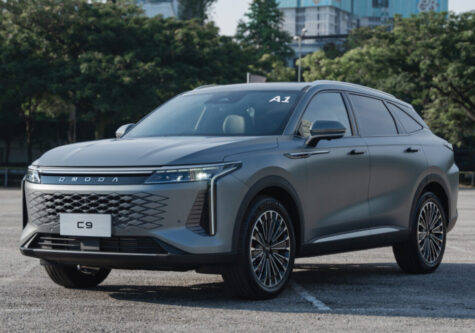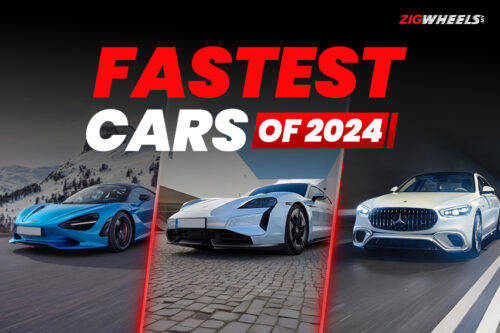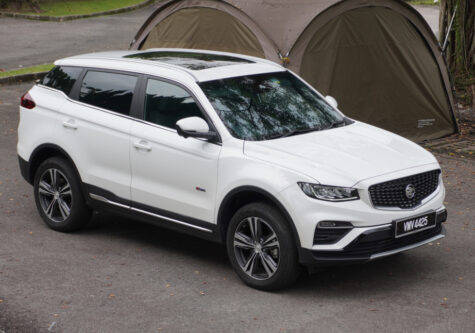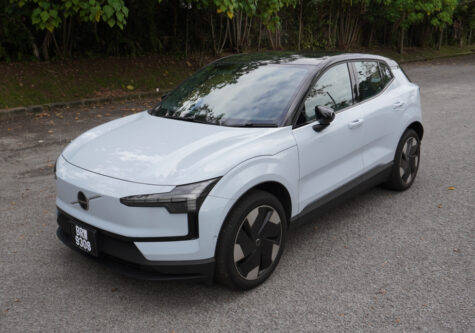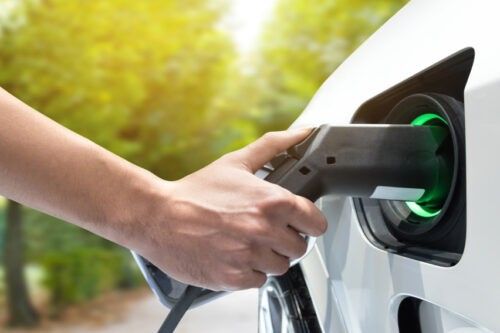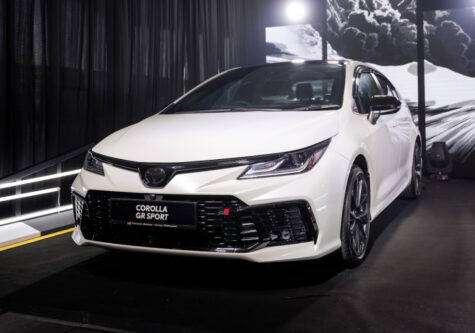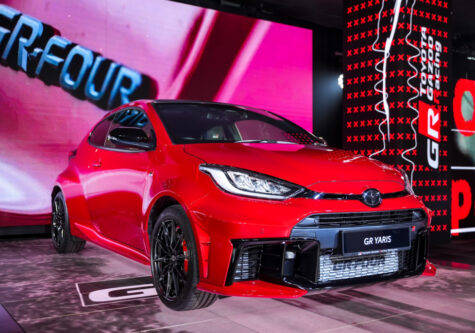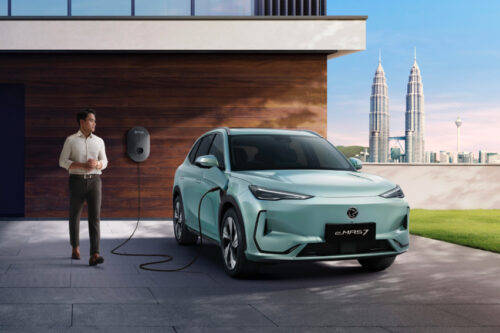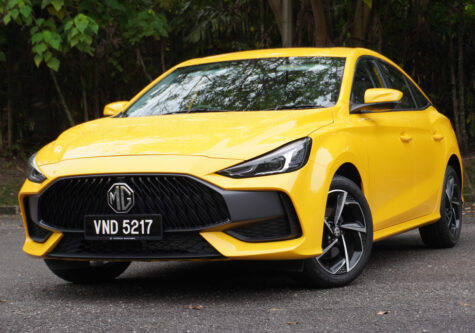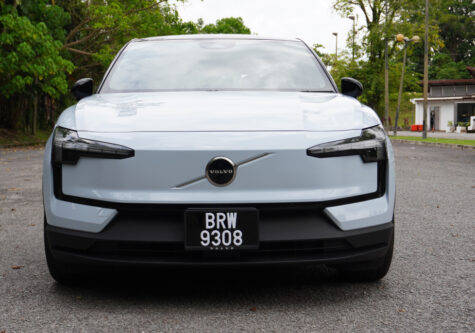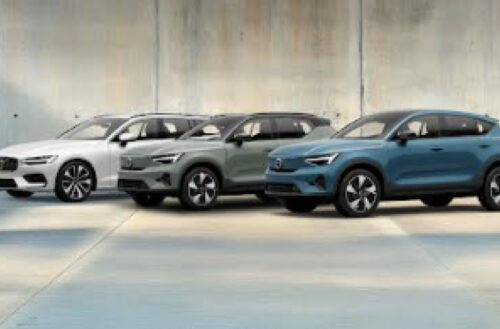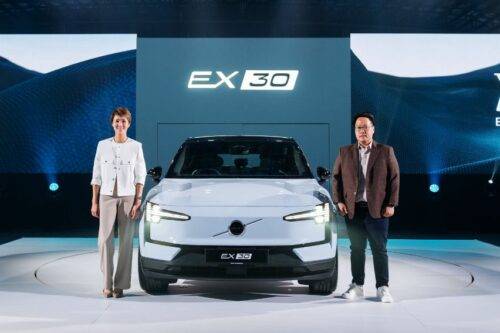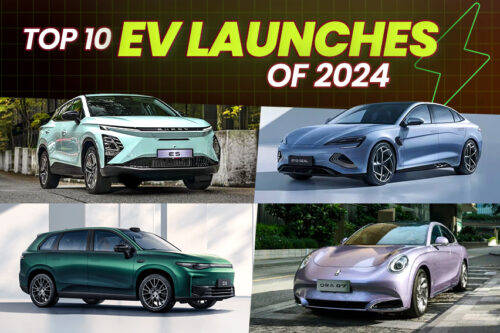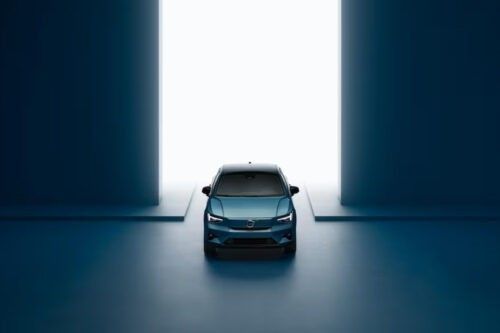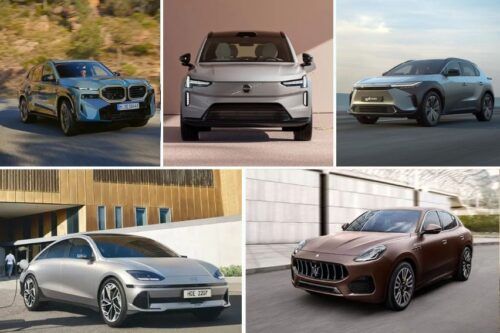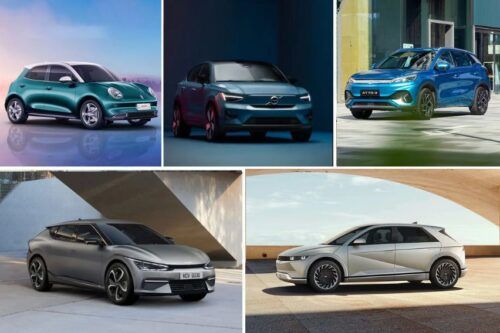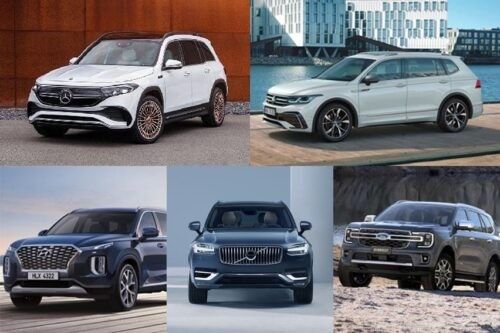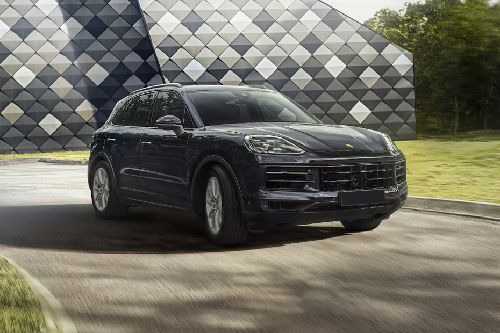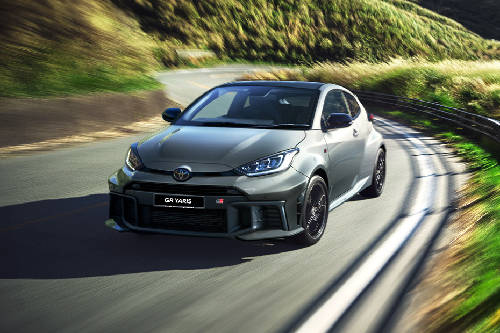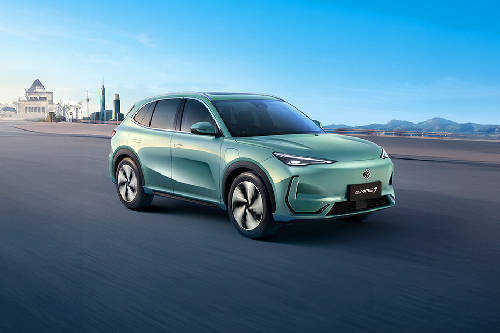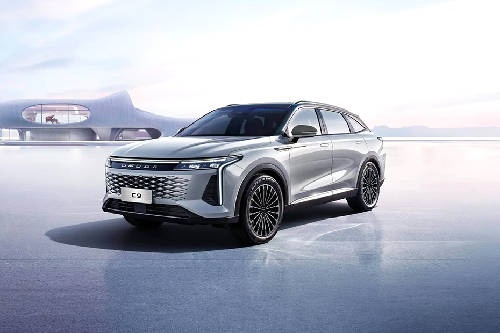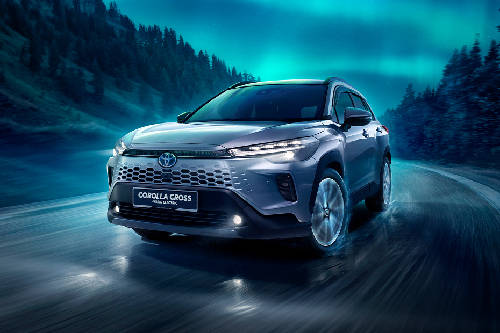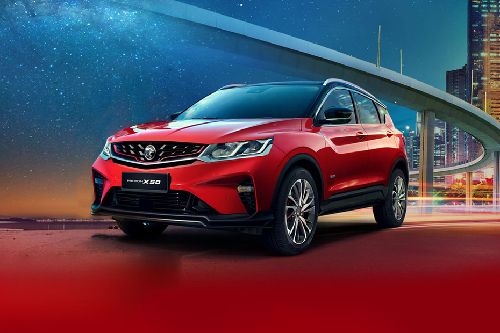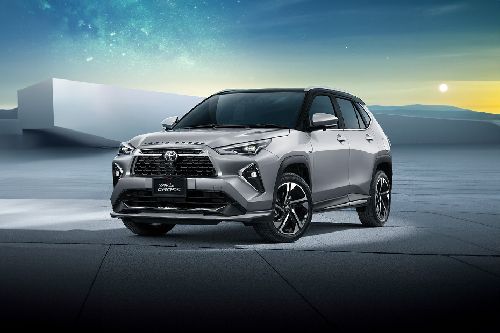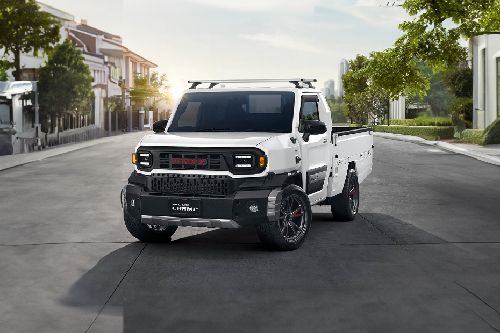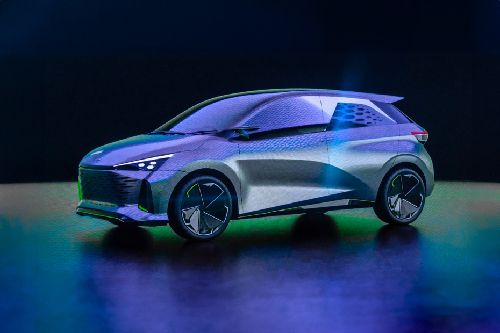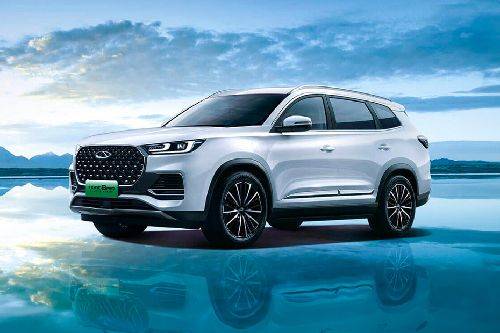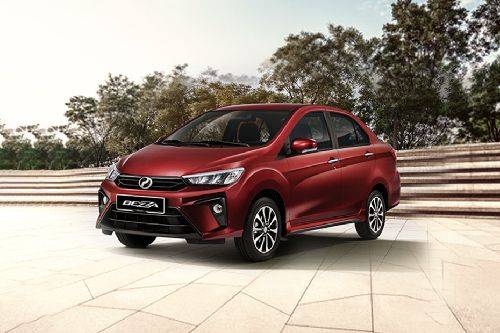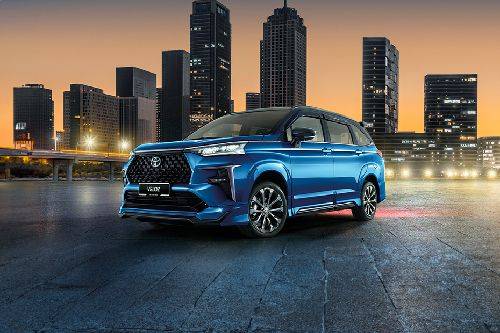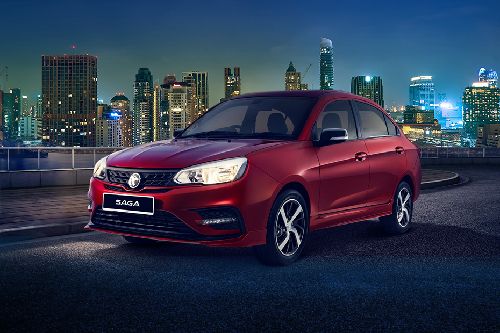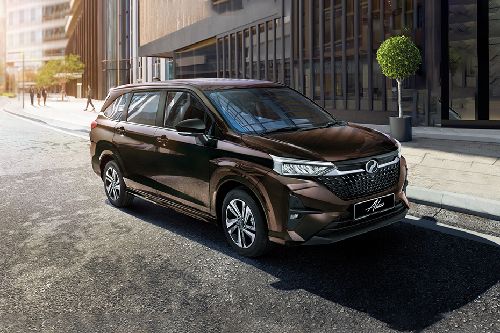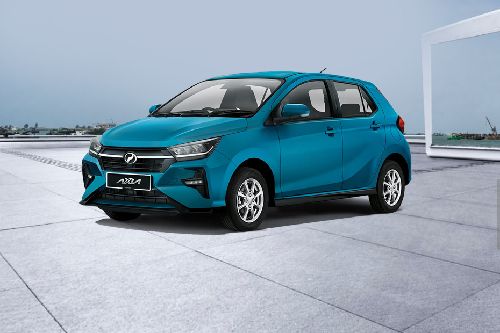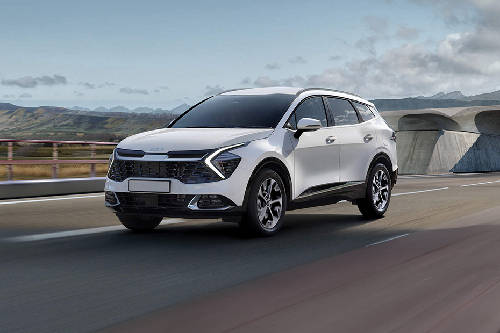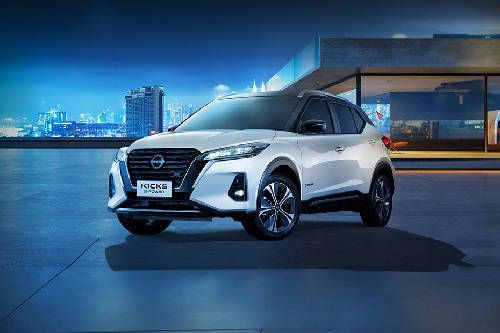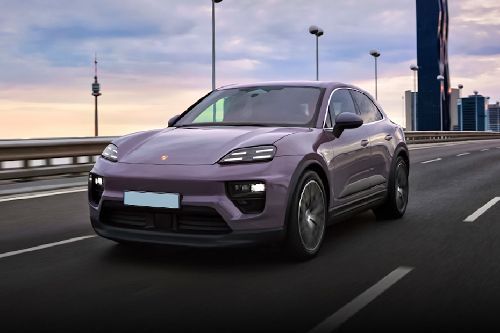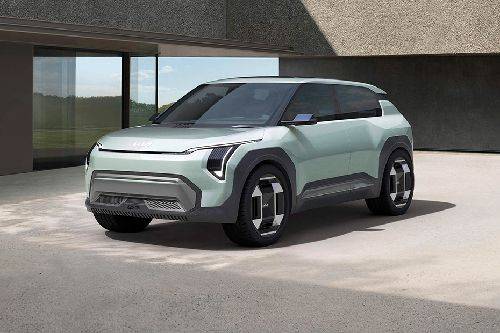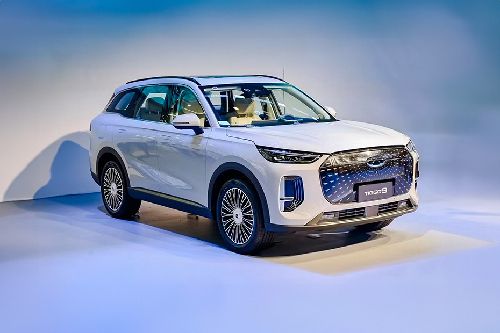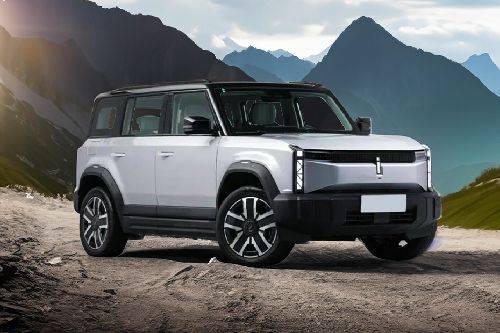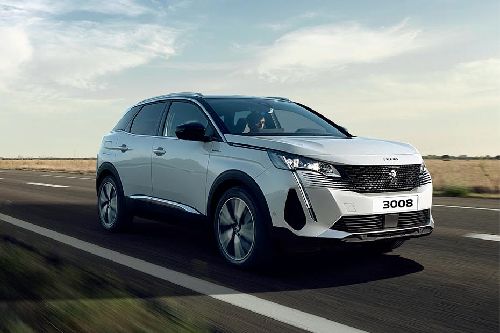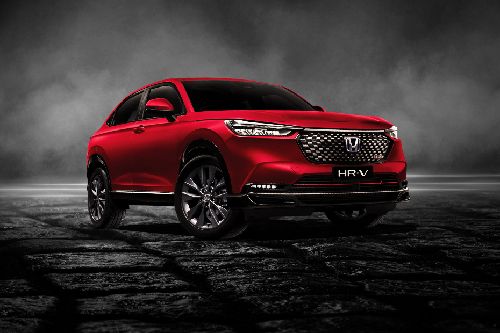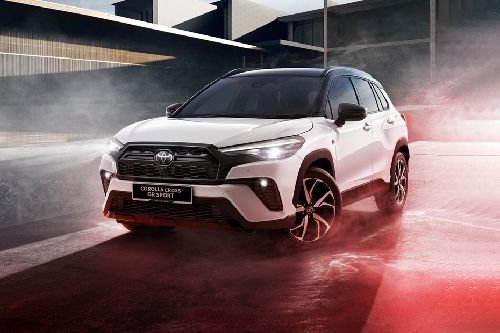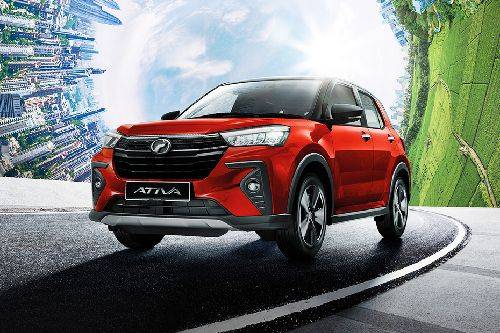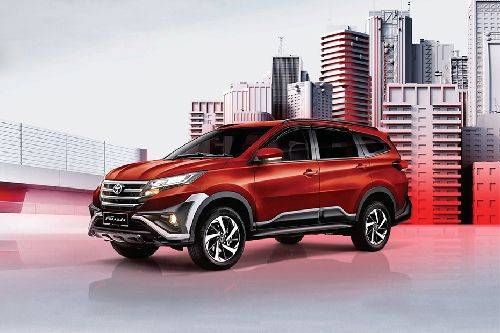Volvo reveals 2022 sales results and key strategies for the year ahead
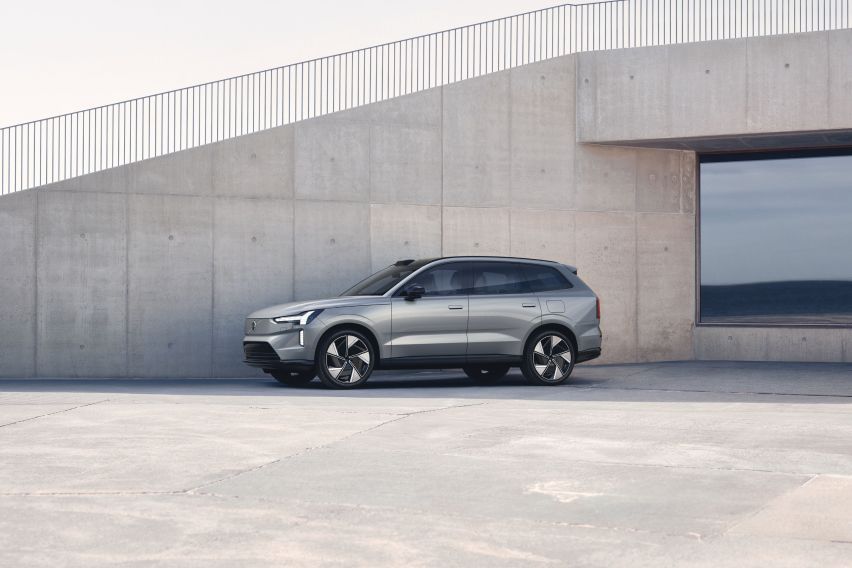
KUALA LUMPUR: Volvo seems fully geared up to become a fully electric car brand by the end of the decade and climate neutral by 2040. The company has recently revealed its last year’s sales numbers along with the projections for 2023 that’s going to be a pivotal year for accelerating its transformation path. Let’s take a look at both one by one -
KEY TAKEAWAYS
How much profit did Volvo earn in 2022?
In 2022, Volvo cars reported an operating profit of 22.3 billion SEK (including JVs and associates) and a profit margin of 6.8 percent.What are Volvo's key strategies for 2023?
Among Volvo's key strategies for 2023 are - launch of a new small EV, begin production of the EX90, transform the UK market, start construction of the cell plant in Gothenburg.In 2022, Volvo cars reported an operating profit of 22.3 billion SEK (including JVs and associates) and a profit margin of 6.8 percent. The automaker sold more than double the electric cars this year as compared to 2021. The credit for that goes to none other than Volvo Recharge models (BEVs and PHEVs) which accounted for 33% of sales for the year and 41% during the fourth quarter.
Also read: Volvo Cars Malaysia records a y-o-y growth of 43% in 2022
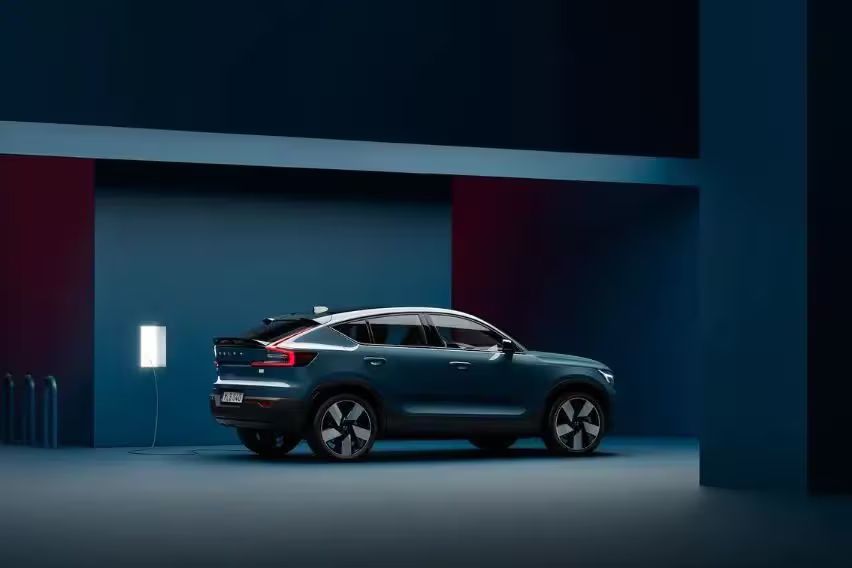
Among the notable market performances are Brazil, Uruguay, Thailand, and Indonesia. These markets clocked a Recharge sales share of 100% in the last three months and were closely followed by Norway at 98%, Ireland at 91% and Sweden at 89%.
With that, Volvo registered a total revenue of 330.1 bn SEK with a 17% growth compared to the previous year, which is the highest-ever revenue recorded by the company.
Upon clocking good sales numbers, Jim Rowan, Volvo president, and chief executive said, “We managed through the heavy turbulence of the year and made significant progress on our strategic ambitions in 2022, as we accelerated towards our aim to become a fully electric car company by the end of the decade and climate neutral by 2040.”

The strong sales momentum of electrified cars also contributed to CO2 reduction per car by 15%, compared with the brand’s 2018 benchmark, supporting its mid-decade target of reducing CO2 per car by 40%.
By mid-decade, the company “aims to reach a 50% global sales share of fully electric Volvo cars, with a 40% lower carbon footprint per car and profitability of 8-10 per cent. “We remain steadfast on that strategic journey,” added Jim Rowan.
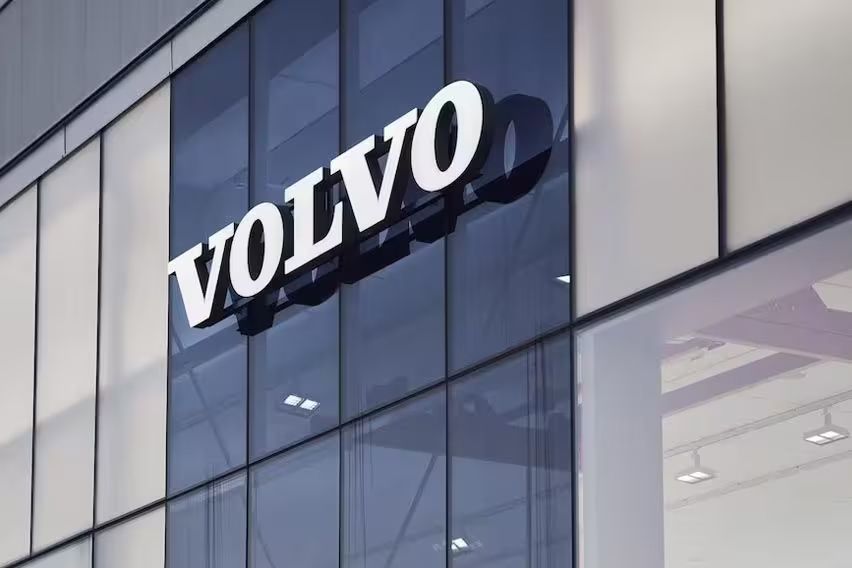
Volvo is quite hopeful for 2023 as it expects a steady improvement in the supply of semiconductors and a decline in the prices of lithium on the grounds of recently published independent reports. It understands that uncertainty and volatility are the inescapable business realities of today and thus continues to closely monitor the external environment and adapt accordingly. The company has also reinforced a cost and efficiency optimisation plan across the organisation recently.

As mentioned above, the year 2023 will play a crucial role in accelerating the company’s transformation path. Included in the key plans are -
- Launch of a new small fully electric SUV
- Start production of the Volvo EX90
- Transform the UK from a traditional wholesale business to become direct consumer-facing
- NOVO Energy, the joint venture company with Northvolt, will start construction of one of Europe’s largest battery cell plants in Gothenburg
With all these in place, the company projects a solid double-digit growth in retail sales during this year, provided there are no unexpected supply chain disruptions.
Also read: Volvo Car Malaysia to export EVs to Vietnam and the Philippines
Sell your car at the best price
 Verified and genuine buyers
Verified and genuine buyers
-
Explore Volvo EX90
Volvo Car Models
Trending & Fresh Updates
- Latest
- Popular
You might also be interested in
- News
- Featured Stories
Volvo Featured Cars
- Latest
- Upcoming
- Popular
Trending SUV
- Latest
- Upcoming
- Popular
Compare
You can add 3 variants maximum*- Brand
- Model
- Variant
Choose your city to find options nearby


